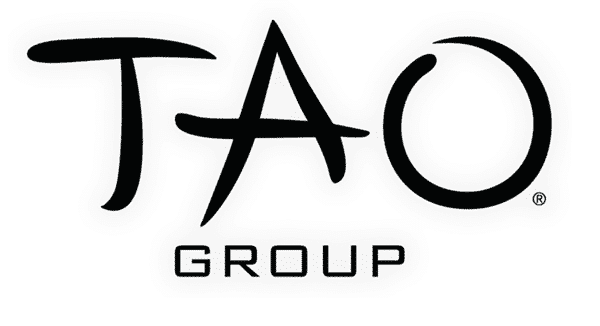Dive deep into the world of Cross-Channel Marketing. Understand its benefits, challenges, and best practices while comparing it with Multi-Channel Marketing. Get valuable insights on creating an effective plan, choosing the right tools, and more!
Introduction
As digital landscapes continue to evolve, marketers find themselves juggling between multiple platforms to engage their audience effectively. Enter Cross-Channel Marketing, a comprehensive approach to coordinate and synchronize various Marketing Channels to provide a seamless Customer Experience. But what is Cross-Channel Marketing exactly, and how does it differ from Multi-Channel Marketing? In this blog post, we will explore the complexities, benefits, and best practices to help you navigate this intricate marketing strategy.

What is Cross-Channel Marketing?
Cross-Channel Marketing involves the integration of various marketing strategies and platforms to create a cohesive and personalized Customer Journey. Unlike Multi-Channel Marketing, where each channel operates in silos, Cross-Channel Marketing aims for synergy, aligning messaging and Brand Consistency across channels for a unified customer experience.
Cross-Channel vs Multi-Channel Marketing: Know the Difference
Understanding the distinction between Cross-Channel and Multi-Channel Marketing is crucial for selecting the best approach for your brand. In Multi-Channel Marketing, each platform operates independently, offering different promotions and messaging. Conversely, Cross-Channel Marketing is a more coordinated effort, focusing on providing a seamless transition and consistent messaging across channels.
Benefits of Cross-Channel Marketing
Enhanced Customer Experience: A cohesive strategy across channels ensures that customers have a consistent and meaningful interaction with your brand.
Effective Marketing Automation: Automated tools can help you manage campaigns efficiently, saving time and effort.
Better Brand Consistency: Uniform messaging across platforms enhances brand image and trust.
Rich Data Analytics: Cross-Channel Marketing Metrics provide deeper insights into customer behavior and preferences.
Challenges in Cross-Channel Marketing
While the benefits are many, it’s also crucial to understand the complexities involved:
Data Silos: Collecting and integrating data from multiple channels can be challenging.
Cost: Cross-Channel Marketing Tools and services can be expensive.
Resource Intensive: It requires substantial planning, execution, and monitoring.
How to Create a Cross-Channel Marketing Plan
A well-thought-out plan is essential for successful Cross-Channel Marketing. Here’s how to go about it:
Audience Segmentation: Identify your target customers and understand their needs and behavior.
Channel Selection: Choose the Marketing Channels that are most relevant to your audience.
Content Strategy: Develop a comprehensive Content Marketing plan tailored for each channel.
Implementation: Make use of Marketing Automation tools to execute your strategy efficiently.
Performance Monitoring: Utilize Cross-Channel Marketing Metrics to analyze and optimize your campaigns.
Best Practices for Cross-Channel Marketing
Maintain Brand Consistency: Ensure your brand’s voice, tone, and messaging are consistent across all platforms.
Personalization: Use customer data to offer a personalized experience.
Timing and Frequency: Optimize the timing and frequency of your messages to avoid overwhelming your audience.
Cross-Channel Marketing Tools and Software
Investing in the right tools is critical for executing an effective Cross-Channel Marketing strategy. There are various Cross-Channel Marketing Solutions available, from automation platforms to analytics tools. When choosing, consider the following:
Features: Does it offer the functionalities you need?
Ease of Use: Is it user-friendly?
Pricing: Cross-Channel Marketing Pricing varies widely; ensure it fits within your budget.
Cross-Channel Marketing Case Studies and Agencies
To give you real-world insights, many case studies highlight the effectiveness of Cross-Channel Marketing. Companies have shown remarkable improvements in customer engagement, sales, and ROI. Additionally, if you’re looking for professional guidance, numerous agencies specialize in Cross-Channel Marketing Services.
Conclusion
Navigating the complex world of Cross-Channel Marketing can be challenging but rewarding. With thoughtful planning, the right tools, and a focus on customer experience, you can create a robust and effective Cross-Channel Marketing strategy.
For those looking for a comprehensive package, several Cross-Channel Marketing Packages are available that offer an all-in-one solution. Whether you’re a beginner or a seasoned marketer, understanding the complexities of this strategy is crucial for achieving your marketing goals.




































